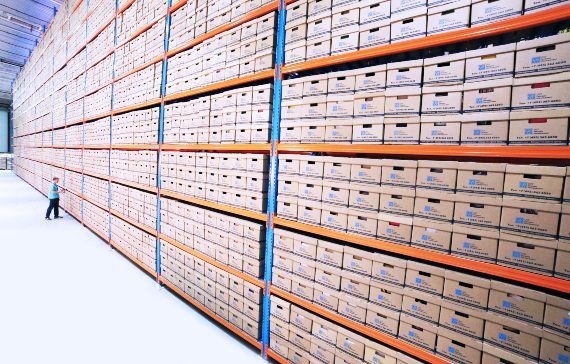Blockchain is an emerging technology that can radically improve transactions security at banking, supply chain, insurance, marketing , education and other industries. Essentially, it provides the basis for a dynamic distributed ledger that can be applied to save time when recording transactions between parties, remove costs associated with intermediaries, and reduce risks of fraud and tampering. Blockchain use cases fall into two fundamental categories: record keeping, static registries of data about highly valuable assets, and transactions, dynamic registries of the exchange of tradeable assets.
- Record keeping use cases include the long-term safeguarding of data on valuable physical and digital assets, keeping track of identity-related information about individuals and executable smart contracts based on pre-defined conditions.
- Transaction use cases include keeping track of data about frequently exchanged assets, near-real-time digital payments and emerging digital assets.

Companies are moving from “explain Blockchain” to “show me how can we use it”, this is can be done using pilot programs to test the water first . Here are four ways that Blockchain is actually useful for to avoid pilot to production failure
- The first use case is for guaranteed and verified data dissemination.
- The second use case is asset and product tracking.
- The third use case is asset transfer.
- The fourth use case is certified claims.
Key Cases of using Blockchain
Many industries can benefit of Blockchain in the use cases mentioned above, in this section we will cover specific examples of the use case of Blockchain including; Adverting, Insurance, Real Estate, Energy and Record Management just to show effective is this disrupting technology in solving many of the problems and short comes of the listed industries.
Advertising
For buy-side transparency: Blockchain for auditing.
For sell-side transparency: Proof-of-View (PoV) to fight fraud.
-
-
- PoV only records views from signed-in users, since the viewer’s unique ID is part of the information required for a view to be considered valid.
- Since most people are only able to watch one video at a time, the PoV will invalidate views from a user who is streaming multiple videos simultaneously.
- The PoV technology confirms that a video is actually being streamed by capturing information about the current frame at random times.
- Using smart contracts to document views and who gets paid.
-
Insurance
Arguably the greatest Blockchain application for insurance is through smart contracts. Such contracts powered by Blockchain could allow customers and insurers to manage claims in a truly transparent and secure manner, according to Deloitte.
All contracts and claims could be recorded on the Blockchain and validated by the network, which would eliminate invalid claims.
For example, the Blockchain would reject multiple claims on the same accident.

Real Estate
The average homeowner sells his or her home every five to seven years, and the average person will move nearly 12 times during his or her lifetime.
With such movement, Blockchain could certainly be of use in the real estate market.
It would expedite home sales by quickly verifying finances, would reduce fraud thanks to its encryption, and would offer transparency throughout the entire selling and purchasing process.
Energy
Blockchain technology could be used to execute energy supply transactions, but it could further provide the basis for metering, billing, and clearing processes, according to PWC.
Other potential applications include documenting ownership, asset management, origin guarantees, emission allowances, and renewable energy certificates.

Record Management
National, state, and local governments are responsible for maintaining individuals’ records such as birth and death dates, marital status, or property transfers.
Yet managing this data can be difficult, and to this day some of these records only exist in paper form and sometimes, citizens have to physically go to their local government offices to make changes, which is time-consuming, unnecessary, and frustrating. Blockchain technology can simplify this record keeping.
References
“Blockchain Technology and Applications “ Book, Ahmed Banafa 2020
Comments on this publication